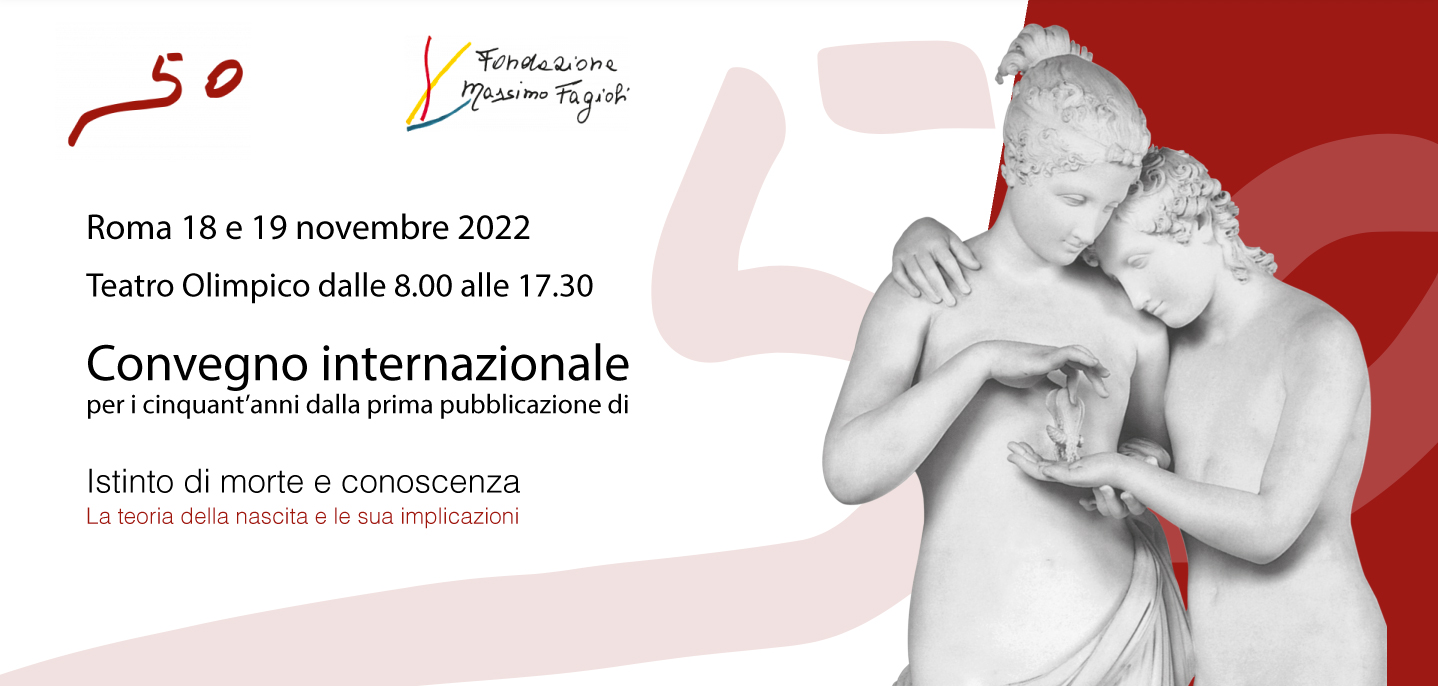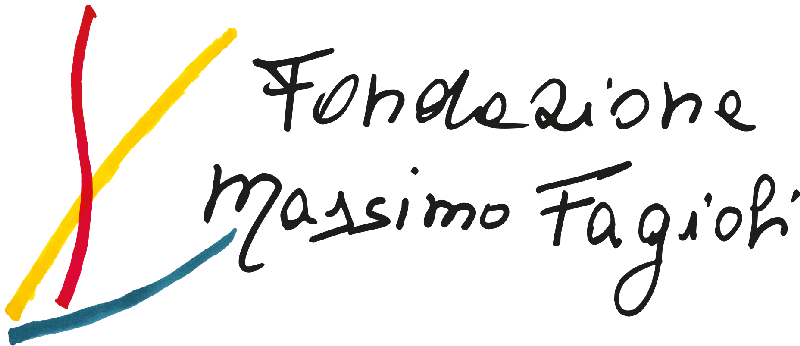The international conference organized by the Fondazione Massimo Fagioli is scheduled for November 18 and 19. It has the important ambition of presenting in a scientific context the theoretical work of psychiatrist Massimo Fagioli who, in the 1970s, developed Human Birth Theory.
The theory founds a new approach to psychotherapy and explains that the term ‘mental illness’, which has always been seen as a ‘monster’ that should be feared and never spoken of, should in fact, not frighten us at all. The theory states that since mental illness originates in the human being after birth as a result of disappointing and often violent relationships, it can be cured through the establishment of healthy human relationships. This cure is achieved with an appropriate course based on psychotherapy and the interpretation of ‘annulment pulsion’ and ‘negation’ dynamics only visible in the unconscious relationship. Human Birth Theory, defined as such since the Professor’s early studies, is contained in four theoretical volumes. It was expanded, deepened and reworked in other books, presentations, speeches at conferences, lectures, university courses, newspaper articles and in Analisi Collettiva (Collective Analysis) sessions, where the psychiatrist developed over time – alongside the participants – the three fundamental cornerstones of cure, education and research.
Death Instinct and Knowledge, published in 1972, is the first of the four theoretical texts in which Fagioli founded the new psychotherapeutic and psychodynamic approach that completely dismantled organicist psychiatry, Freudian psychoanalysis, and the existentialist approach. It proposed a new anthropological vision of the human being: a solid scientific theory on the cure of mental illness and its recovery.
Death Instinct and Knowledge was printed fifty years ago and today the Foundation, established in Massimo Fagioli’s name to protect and promote all his work over time, proposes going even deeper by investigating its psychiatric and socio-cultural implications.
The topic is not simple, but of exciting scientific interest for all the themes proposed by the speakers. The conference organizers have arranged the contributions of the experts – Italian and international psychiatrists and psychotherapists, as well as researchers from other disciplines – into three areas: each one deals in detail with the many facets of the precious diamond that is Human Birth Theory and proposes to understand how Death Instinct and the work of Massimo Fagioli have refounded words, concepts, art and languages.
The psychiatry, psychotherapy, developmental psychology area investigates the deeper meaning of the ‘words’ used by the psychiatrist in his theoretical formulation: envy (invidia), delusional perception (percezione delirante), unconscious (inconscio), fantasy (fantasia), pathological fantasy (fantasticheria), imagination (immaginazione), disappearance fantasy (fantasia di sparizione). These are well-known but often misused words that when presented as ‘birth theory words’ take on a new life. This first area also focuses on the classic criteria of comparison with the psychoanalytic tradition: the absence of the therapist, the interpretation of dreams, the psychiatric identity, the human identity of the therapist. These are all basic concepts in the psychiatric tradition, but with Fagioli they are filled with another form and other senses.
The speakers in the psychiatry, psychotherapy, and developmental psychology area also address the possibility of psychotherapy in the Public Health Service. They propose topics such as Neoteny and the development of the senses, and investigate the meaning of ‘light’ in Death Instinct and Knowledge. They focus on the child and adolescent, the origin of language and the comparison of psychotherapy of psychosis with academics such as Harry Stack Sullivan and Freida Fromm-Reichmann. They take stock of today’s psychopathology and the pathological interaction of the psychotic with the surrounding human environment and the possibility of therapeutic intervention, and focus on the relationship with phenomenological and existential psychiatry and neonatology up to investigating the molecular basis of the transduction of the light impulse into a nerve impulse.
Reliving centuries and centuries of history with words, concepts and relationships that, thanks to Human Birth Theory, are brought to life with new senses and meanings. Recreating the meaning of words in the light of historical truth, and opening the door to a new anthropological vision of the human being.
The second area is based on Neonatology and Bioethics and, in the light of Human Birth Theory, deals with the delicate topics of maternal stress in pregnancy, maternal mental disorders and fetal neurodevelopment. It delves into the mother-child relationship based on the nonconscious and studies the stages of weaning, proposing new lines of research, and it proposes the study of the discovery of a third retinal photoreceptor active at birth.
The third area focuses on the socio-cultural implications in the school environment, with a special focus on teacher identity; geopolitics, looking for insights into a new approach to international relations; poetry, art and art criticism; cinema; languages and translations; architecture; anthropological, philosophical and socio-political implications; the relationship with history; and repercussions in the history of thought.
In addition to the contributions of this type, posters that summarize scientific projects developed in the light of Human Birth Theory have been produced. Research such as the mind-body relationship; the concept of projective identification; the difference between memory and recollection and between desire and greed, but also the implications in the political sphere and the origin of the human mind; the origin of language and the first years of a child’s life; self-harm, cyberbullying and the topic of violence against women.
After so many years, a strong responsibility is felt to delve into this ‘wonderful source’ that has already marked a turning point in the lives of many and may mark a turning point in the future of many more – even of all humanity.
We feel a strong duty to listen, participate, study, and understand what it means for our lives and for the lives of future generations. The Fondazione Massimo Fagioli was set up with this aim in mind and the conference is only the first important step towards it.

